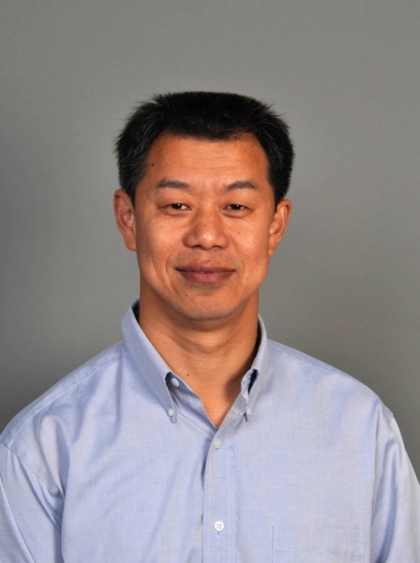Miang Wang, Ph.D.

UC Santa Barbara
mwang@education.ucsb.edu
In recent years, his research has primarily focused on examining family outcomes of early childhood services (e.g., early intervention programs and early childhood special education programs), particularly in the areas of family quality of life and family-professional partnership. As a primary researcher of the research team at the Beach Center on Disability of the University of Kansas, he participated in two federal funded research projects by NIDRR (National Institute on Disability and Rehabilitation Research) and OSEP (Office of Special Education Programs) of the U.S. Department of Education which have led to the development and validation of two family outcome measures: Family Quality of Life Survey and Family-Professional Partnership Scale. Other areas of his interest pertain to disability policy issues that focus on supporting families of children with disabilities, analyzing impact of policy on the system structure of early childhood service and service delivery (i.e., policy on the streets), and analyzing comparatively international policy on disability and special education, in particular, those of China. Another set of interests concerns studying positive behavioral support (PBS) in cultural context, in particular, culturally responsive PBS practices to families of children with disabilities who are from culturally and linguistically diverse backgrounds. In addition, he is interested in atypical child development research aiming at understanding how children with and without intellectual disabilities differ in their cognitive development in terms of the structure, sequence, and rate of development.